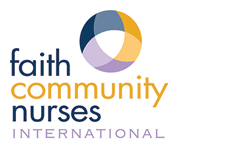Exploring the barriers and supports of faith community nurses serving in Alaska: A qualitative study
Abstract
Decades of research exist on the public health impact of faith community nurses (FCNs), particularly congregational health promotion and disease prevention. However, the literature exploring the barriers and supports FCNs experience when serving their communities is limited. Thus, guided by Ziebarth’s (2016) conceptual framework of faith community nursing, this study explored the lived experiences of FCNs (N = 8) delivering care to faith communities in Alaska. Thematic analyses of qualitative data revealed three major themes including 1) the descriptions, characteristics, and roles performed by FCNs (e.g., active listening, policy-level recommendations); 2) barriers and other factors impacting FCNs’ delivery of care to the communities served (e.g., COVID-19, health care system); and 3) the existing support systems as well as additional resources necessary for the sustainability of the FCN ministry (e.g., church leadership support, education for vulnerable populations). Study findings provide insight into what FCNs perceive as important community-level (e.g., church support) and environmental-level factors (e.g., COVID-19) impacting their ministry. Moreover, findings from this study highlight the need for future research to follow FCNs over time to identify and assess multi-level factors influencing the sustainability of the FCN ministry (e.g., funding, external resources, church support).
First Page
8
